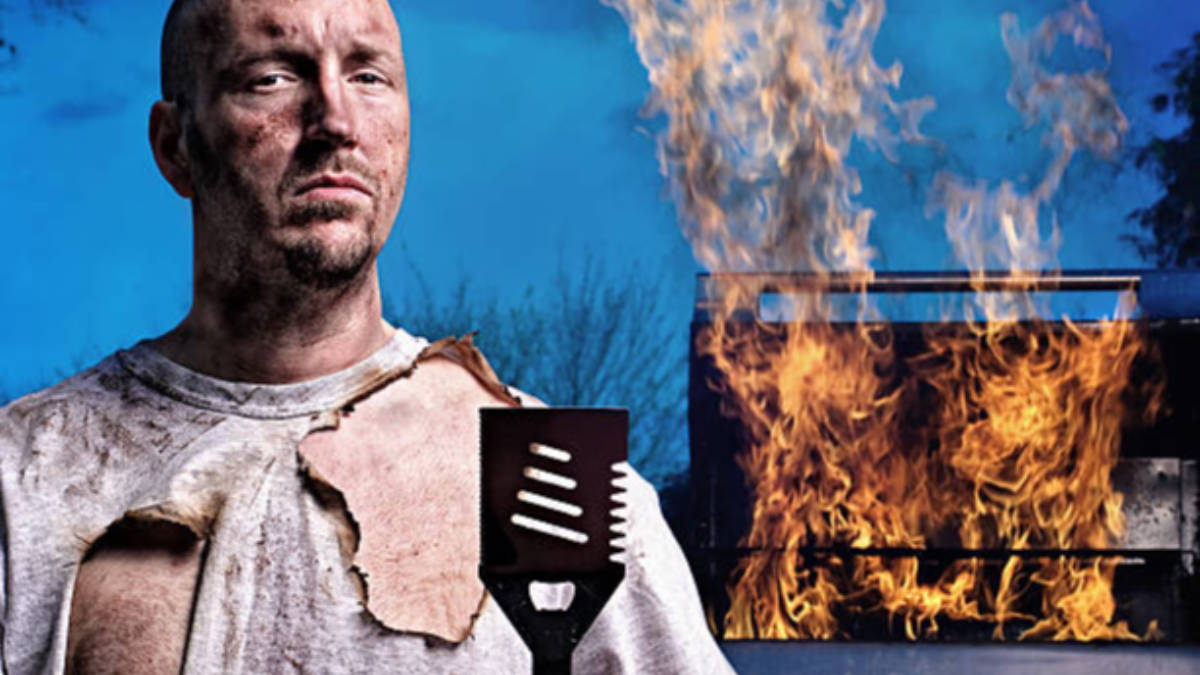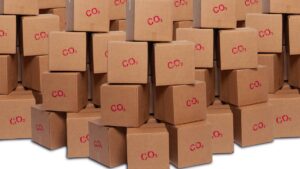ASX Renewable Energy Stocks: Energy Minister Angus Taylor to reveal new CCS projects amid industry backfire

Pic: carrollphoto/ E+/ Via Getty Images
- Energy Minister Angus Taylor to reveal three new carbon capture and storage (CCS) projects
- CCS technology under fire from industry experts who say it is expensive and widely disputed
- PGY making moves at Mid West Clean Energy Project in WA with consultants engaged on approvals
Federal Energy Minister Angus Taylor is expected to reveal three new carbon capture and storage (CCS) project on Friday for Western Australia – home to the world’s largest failed attempt at CCS, Chevron’s Gorgon Gas Plant.
While CCS could play some role in abating carbon emissions, the technology as it stands is incapable of addressing all emissions without significant advances or funding.
As Stockhead’s Bevis Yeo writes, this is illustrated by the fact that while there are 25 CCS project capable of storing almost 40Mt of CO2 per annum, that’s a drop in the ocean to the 33 gigatonnes of CO2 emitted in 2019.
In Chevron’s case, an average of 80pc of its emissions over a five-year period were meant to be buried from 2016, however the system only started emissions storage in 2019 and even after it came online, more issues ensued.
That’s similar to ExxonMobil’s Shute Creek – one of the biggest carbon capture utilisation and storage (CCUS) projects in the world and one of the longest running – which has failed to reach to reach its CO2 nominal capture capacity during its 35-year lifetime.
The Climate Council’s Greg Bourne said when attached to polluting oil and gas projects, CCS is simply a licence to ramp up emission and will never be a ‘zero emissions’ solution.
“Carbon capture and storage will only prolong the life of these fossil fuels in our energy system,” he explains.
“The Australian Petroleum Production and Exploration Association’s (APPEA) motivation in pushing CCS is not to help decarbonise difficult sectors such as cement but to increase the production of gas and oil.”
To ASX news
Pilot Energy (ASX:PGY)
Despite the Climate Council’s misgivings, Pilot Energy is breaking ground at its Mid West Clean Energy Project in Western Australia where consultants have been engaged to progress regulatory approvals, commercialise project commodities, obtain land access and secure project financing.
The Mid West Clean Energy Project will be executed over three states to deliver several core project components:
Stage 1 – Cliff Head carbon capture and storage (CCS)
Stage 2 – Blue Hydrogen production
Stage 3 – Ammonia production
A feasibility study undertaken in October 2021 identified the Cliff Head offshore oil field and associated infrastructure as ideally suited for a medium scale CCS project, designed to capture and store CO2 with an initial injection rate of around 500,000tpa.
PGY says the project will provide up to 16Mt of permanent CO2 storage and will utilise the existing onshore and offshore facilities on a continuing basis for at least the next 20 years.
Once fully operational, the Cliff Head CCS Project will pave the way as one of Western Australia’s significant near-term carbon abatement projects, enabling WA’s Mid-West gas industry emissions and setting the scene for stage 2 – the production of blue hydrogen.
Near-term milestones include the granting of the Cliff Head CCS Greenhouse Gas Injection Licence by relevant regulators and the CH CCS JV’s final investment decision, both anticipated to occur by late 2023.
Pilot Energy (ASX:PGY) share price today
Calix (ASX:CXL)
Australian environment tech company, Calix, has been off the chain with news this week. It’s had a $30mn win with Boral to fund a carbon abatement project, then $20m grant from the Australian government to develop the Mid Stream Project with Pilbara Minerals and now has an award of $11m to progress low emissions lime with Adbri (ASX:ABC).
Under the Australian Government’s Carbon Capture, Use and Storage (CCUS) Hubs and Technologies Program, CXL will develop a low emissions lime kiln for alumina, gold and other industries across Western Australia.
The project will be located in Kwinana with the plant expected to use Calix’s Low Emissions Intensity Lime and Cement (LEILA) technology to demonstrate the use of renewable power and grid load balancing, as well as assess alternative energy sources such as hydrogen and the efficient capture of CO2 process emissions.
Once the proposed South West Hub CCS Project is operational, CXL plans to feed CO2 into the system for permanent storage, creating truly zero emissions lime.
Calix and Abri will now advance the next stages of the project under the heads of agreement announced in March 2021, including the finalisation of commercial terms and technical work.
A feasibility study for the project followed by a front-end engineering and design phase will also be carried out at some stage.
Calix (ASX:CXL) share price today
Related Topics
UNLOCK INSIGHTS
Discover the untold stories of emerging ASX stocks.
Daily news and expert analysis, it's free to subscribe.
By proceeding, you confirm you understand that we handle personal information in accordance with our Privacy Policy.








